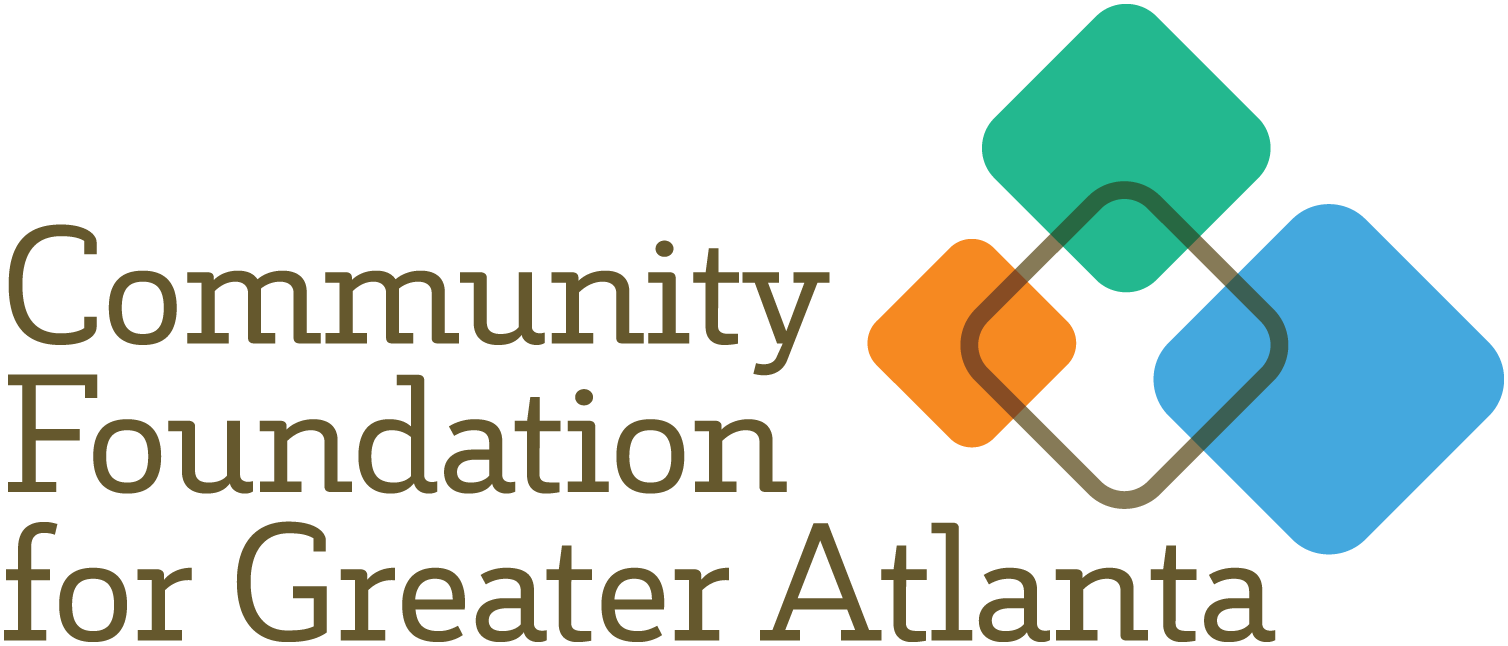

By Alison O’Carroll, director and philanthropic counsel
Because of the continuing impact of the coronavirus pandemic on individuals, businesses and nonprofits, your charitable donations are needed more than ever this year. Here are some strategies to help you maximize your giving in 2021.
Due to positive tax changes and a strong stock market, there are some bright spots when it comes to charitable giving in 2021.
Enhanced tax incentives
Tax legislation at the end of 2020 extended and enhanced tax incentives enacted under the Coronavirus Aid, Relief and Economic Security (CARES) Act. Individuals taking the standard deduction can claim an additional deduction of up to $300 for cash contributions. For couples, this amount increased to $600.* (In 2021, the standard deduction is $12,550 for single taxpayers and $25,100 for joint taxpayers.)
For taxpayers who itemize, the ability to deduct up to 100% of adjusted gross income (AGI) was extended to 2021. This means there is no deductibility limitation for cash gifts to qualifying charities.*
Corporate taxpayers continue to enjoy the higher deduction limit for cash contributions of 25% of taxable income (10% prior to the CARES Act).
*These enhanced incentives do not apply to charitable donations to Donor Advised Funds (DAFs), supporting organizations or private foundations. However, pre-existing deductibility incentives still apply in those situations. For gifts to public charities, including DAFs, cash gifts are deductible up to 60% of AGI and appreciated non-cash gifts up to 30% of AGI. (The rules are 30%/20% respectively for private foundations.)
Strong stock market returns
Despite continuing uncertainty, the stock market has had a very strong year. Many donors find they have significantly appreciated securities (stocks, mutual fund shares, ETF shares) they have owned for some time in their portfolio.
This could be a great year to use those assets for a good cause. With greater value comes greater impact. Plus, gifts of securities offer a double tax benefit: 1) an income tax deduction equal to its fair market value and 2) elimination of capital gains tax that would otherwise be due if the donor had sold the security and given cash. This means more money goes to charity and less to taxes. Giving publicly traded stocks to the Community Foundation is easy and fast.
Donors looking to supplement retirement income might consider funding a charitable remainder unitrust with appreciated securities. With this gift choice, donors can lock in the significant growth in value, create a source of lifetime income and make a substantial deferred gift to the Community Foundation or their favorite charity.
Individual Retirement Accounts (IRAs)
The IRA Charitable Rollover continues unchanged for individuals age 70½ or older. Up to $100,000 per individual can be given to a public charity (but not a DAF) without being included in taxable income. This gift is available whether the donor itemizes or not. For non-itemizers, making an IRA Charitable Rollover gift (also called a “QCD”) gives them the same tax benefit as if they had itemized. There are also potential tax benefits by not including the distribution in the AGI calculation.
Some individuals may be considering converting their traditional IRA to a Roth IRA (a “Roth IRA Conversion”). Such a conversion has many advantages but the downside is generation of taxable income in the year of conversion. Consider making a charitable donation to offset some or all of the additional tax liability due to the conversion. For more details on this strategy, click here.
Bunching contributions
“Bunching” occurs when a donor combines charitable contributions for two or more years into one year, itemizes their deductions that year, and takes the standard deduction the following year(s). Depending on the donor’s situation, this might result in a larger multi-year deduction than separate years of itemized giving.
For more information on any of these giving strategies or to walk through how they might benefit you, please contact Alison O’Carroll, director and philanthropic counsel, at 404.333.0421 or aocarroll@cfgreateratlanta.org.
This information is meant for general purposes and should not be considered legal accounting or other professional advice. Please consult with your professional advisor before taking any actions.
Categories
- Arts, Culture and Creative Enterprises6
- Book Club26
- Community108
- COVID-1934
- Donor Stories39
- Events30
- Great Grant Stories62
- Higher Ground168
- Housing and Neighborhoods14
- Impact Investing28
- Income and Wealth12
- Media22
- News158
- Nonprofits25
- Philanthropic Resources131
- Place-focused6
- Power and Leadership8
- Press Releases99
- Publications62
- TogetherATL21
- Uncategorized336
